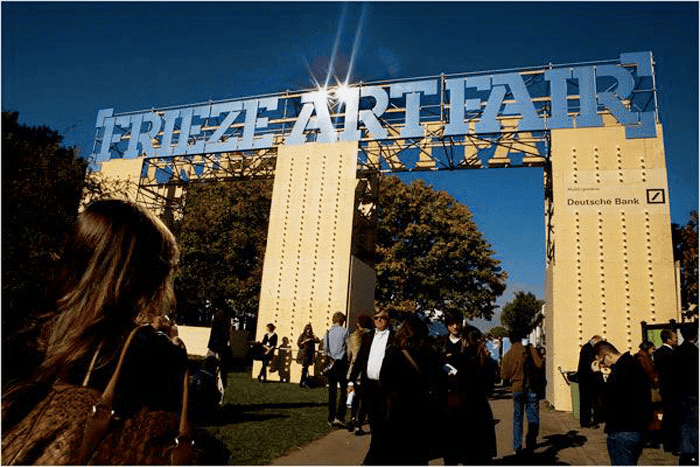
Research: Other
Professor Moore's work crosses disciplines, from social science to the arts to business innovation and she applies these different perspectives to inform research and policy at all levels.

Professor Moore's work crosses disciplines, from social science to the arts to business innovation and she applies these different perspectives to inform research and policy at all levels.
Let’s start with a deceptively simple question: is truth the aim of our inquiries? If the search for truth is an impossible one then what is the purpose of our endeavours? Some have suggested that truth does not exist, that it cannot be more than relative or subjective. In these arguments there is often an untimely slippage between the idea that truth is unstable, absolutely not absolute, and the view that truth is therefore not something to be sought, not something worth bothering about.
Read MoreI want to suggest that there are three key areas of theoretical difficulty: how to theorise children’s agency, how to theorise their rights, and how to theorise the nature of the ‘child’ itself. These are not new theoretical questions. They are all interconnected, and they link to and underpin such diverse domains of enquiry as children and social policy, war trauma and child soldiers, cognitive development, language use, sexuality and labour.
Read MoreThis article begins by interrogating the problem of the globa land the local in anthropology, and asks how their interconnections might be theorized. When anthropologists call for an examination of the global in concrete terms, they often fail to appreciate the place of ‘concept-metaphors’ whose purpose is to maintain ambiguity and a productive tension between universal claims and specific historical contexts.
Read More